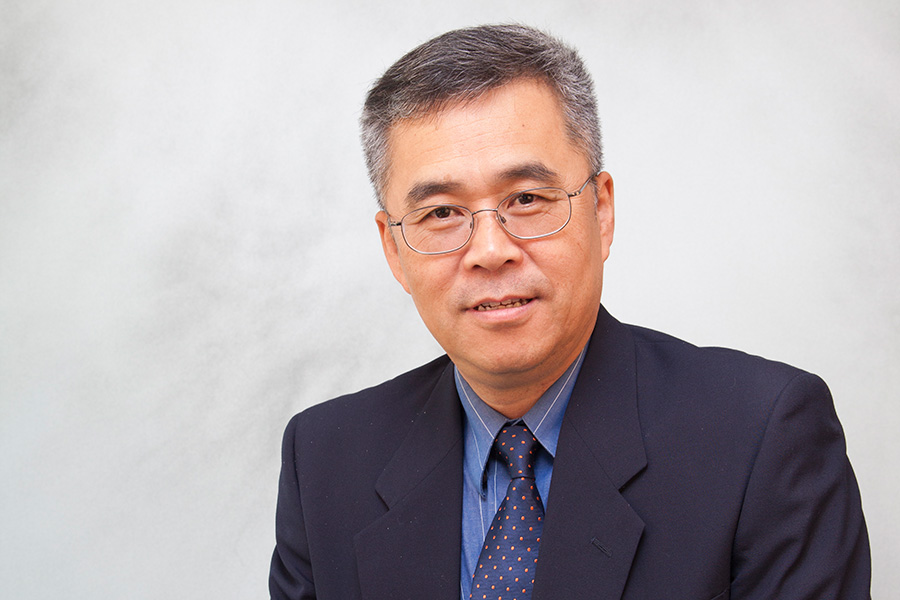
New research by a team from the FAMU-FSU College of Engineering has discovered that a type of adult stem cell found in a variety of tissues can be manipulated to enhance tissue regeneration and potentially treat inflammatory diseases.
Teng Ma, chair of the FAMU-FSU Department of Chemical and Biomedical Engineering, and graduate student Xuegang Yuan published a new paper in the journal Stem Cells Translation Medicine that delves into the complicated science of cell therapy and examines how human mesenchymal stem cells can be used to combat inflammation.
The researchers found that these stem cells, which are found in muscle, bone and fat tissues, undergo a metabolic process that could ultimately be harnessed and directed as a medical treatment.
“The idea to use cells as ‘living medicine’ to cure disease has a long history,” Ma said. “We are interested in how to produce the therapeutically competent cells from a limited donor source on a large scale and to determine whether cells from older donors are as potent as the ones from young donors. Understanding how cells use energy seems to be a key factor.”
Ma and Yuan subjected cells in a culture to a molecule that causes inflammation and then analyzed it to get a full profile of the metabolic process and how it responds to this inflammation.
Most cells use oxygen to produce adenosine triphosphate. In short — energy. A unique property of these stem cells is that they have the capacity to adapt different metabolic processes to meet energy demand and sometimes use sugar alone to produce energy.
When stem cells use this process, it enhances their response to inflammatory stimuli, meaning researchers could potentially develop therapies in the future that direct the energy of these cells to maximize their effect in treating inflammatory diseases.
“We wanted to understand a few things,” Ma said. “What powers this cell to do different things? Where does its energy come from and how does it direct the cells to perform different actions?”
An interesting facet of the research, Ma said, is that energy metabolism is intimately linked to many aspects of stem cell properties including donor age or production process. Metabolic plasticity is often compromised in cells from older donors or after bulk production.
Ma and Yuan’s future research will investigate how to design production processes to better preserve the stem cells’ unique metabolism and restore older cells’ metabolism to enhance their function. The next step is to see if this inflammation-fighting process can be used to treat multiple sclerosis in animals.
Cell therapy is a growing field of interest in the biomedical field. Recent breakthroughs in cancer immune therapy has demonstrated significant potential to use patients’ own cells to cure diseases. Technology advances play an important role to translate the discovery to clinical application.
Co-authors of the paper are FSU Professor of Chemistry and Biochemistry Tim Logan and former graduate students Yijun Liu and Nathalie Muñoz.
This work was supported by the National Science Foundation.




